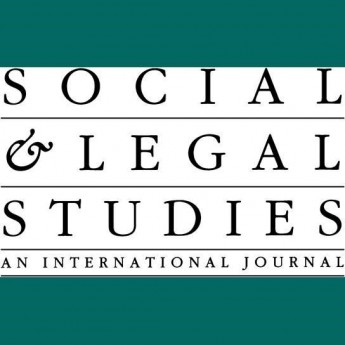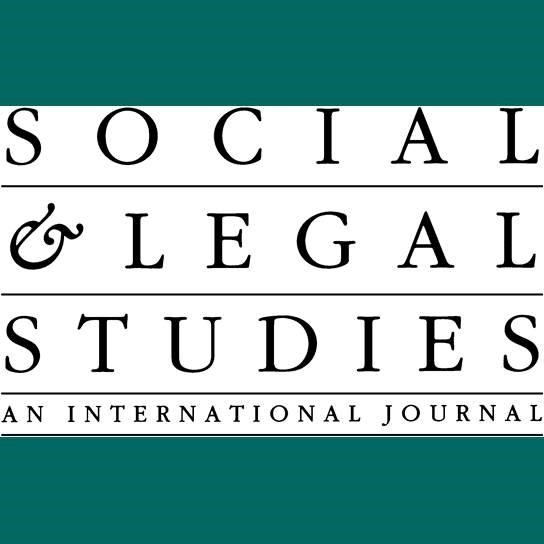Harry Blagg
Professor of Criminology, University of Western Australia
Tamara Tulich
Senior Lecturer in Law, University of Western Australia
Zoe Bush,
Tutor and Former Research Assistant, Law School, University of Western Australia
The over-incarceration of Indigenous persons has been described by a Committee of the Australian House of Representatives as “a shameful state of affairs”.[1] Despite only accounting for approximately 2% of the population, Australia’s Indigenous peoples account for 27% of the national prison population, while Indigenous youth account for 54% of juvenile detainees. [2] In Western Australia, the picture is even bleaker: as of 31 March this year, Indigenous peoples accounted for 73% of the State’s juvenile detainees.[3]
Foetal Alcohol Spectrum Disorders, commonly known as FASD, is an umbrella term encompassing a spectrum of disorders caused by prenatal alcohol exposure. The impairments associated with FASD can give rise to a number of difficulties, including difficulties with memory, linking actions to consequences, and impulse control. These difficulties can render persons with FASD more susceptible to contact with the criminal justice system – as victims and offenders – and pose challenges at each stage of the criminal justice process. In Western Australia, the greatest danger is that the impairments associated with FASD may lead to a young person being indefinitely detained if found unfit to stand trial for a criminal offence that carries a term of imprisonment.

